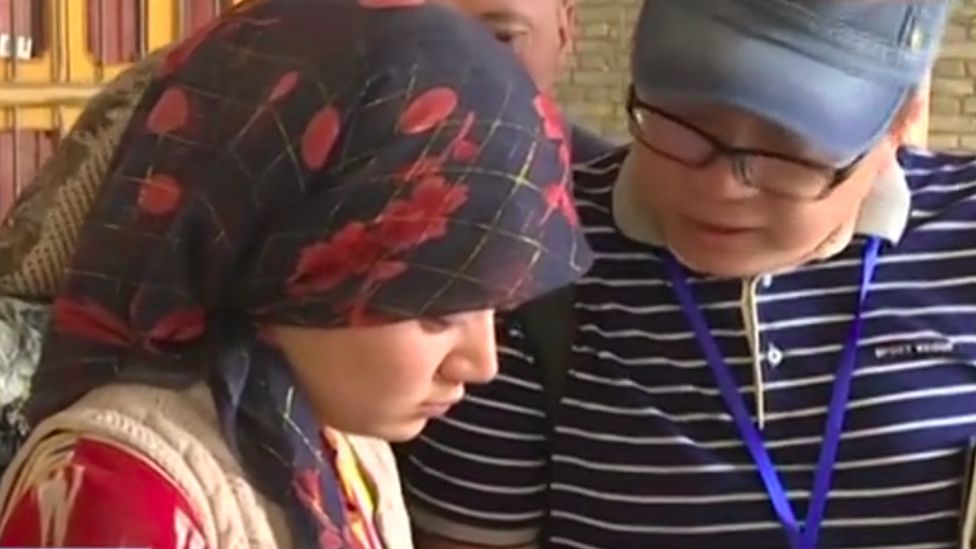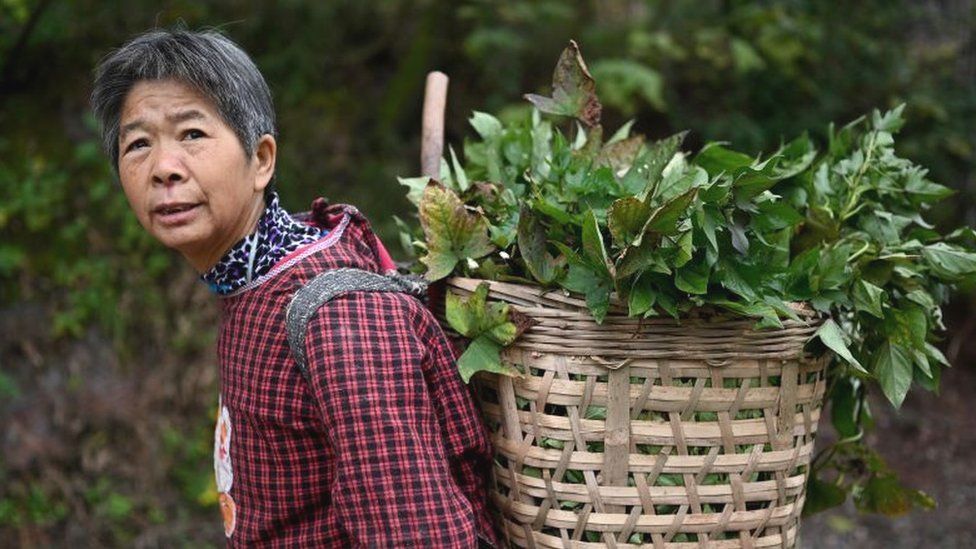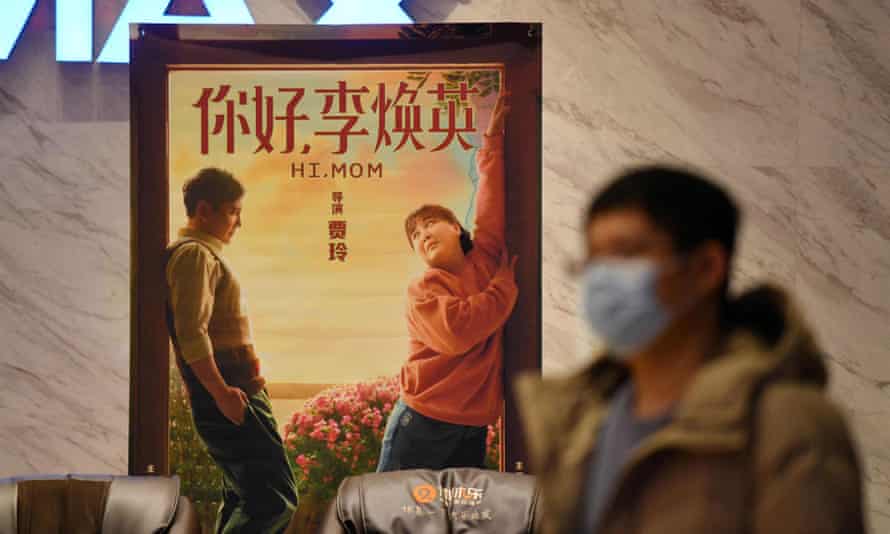Fascinating article copied below, on elected officials in New Zealand going along with Chinese state propaganda using “Uyghurface” Han Chinese enactments to try to project a happy face and twist back China’s image, so deeply tarnished in the wake of the recent, unending flood of revelations about the genocide Xinjiang (East Turkistan). A few things to keep in mind:
–“Uyghurface” is very much like the loathed “Blackface” in the US: At their core, both are enactments that obviously represent the moves by dominant supremacist elites to enact and sadistically enjoy their own secret wish of a smiling, obedient slave figure — in the current Chinese case, this is the fantasy “happy dancing Uyghur,” which contrasts with the stark reality of the ongoing genocide, with its massive racial profiling and extralegal internment; mass slavery; the decapitation of their people’s entire cultural elites; bulldozing of their history (cemeteries, pilgrimage sites, mosques), forced assimilation, including by way of the mass confiscation of children for Chinese-only state rearing; the mass prevention of births of new indigenes, and more (cf. my bibliography; or The Xinjiang Documentation Project).
— “Uyghurface,” the term newly coined, is of course also of great scholarly interest as a variety of “Cultural Appropriation” – here, Jason Baird Jackson’s new article “On Cultural Appropriation” (Journal of Folklore Research, Vol. 58, No. 1, 2021 • doi:10.2979/jfolkrese.58.1.04) is of great interest: Jackson impressively takes on the entire problem of “cultural appropriation” and usefully points out that as cultural borrowing, it is something common in human history, and as such it’s by no means always evil — yet it certainly can be evil and offensive, especially in situations of, precisely, systematic inequality and domination expressed in mockery and humiliation — such as in the situation of the Uyghurs, right now.
— There is also an important geopolitical context here. The small country of New Zealand is currently heavily targeted, as low-hanging fruit, by the Chinese regime’s state propaganda apparatus and by its United Front, which attempts “elite capture,” as in this act: making local elites buy into, obey, and promote the Chinese regime’s agenda. This “Uyghurface” incident is but one of many expressions of this. The Chinese regime actually won a major victory just recently, when it got the NZ government to berate neighboring Australia (!) for the current standoff in Aussie-Chinese relations, even though it’s clearly and entirely about Chinese political and economic intimidation unfairly piled on Australia as punishment (wine and other trade boycotts, etc. etc.), after its government dared criticize China’s atrocities in Xinjiang, and also for leading the world in demanding an open international inquiry into the origins of the Covid pandemic. (Thank you Australia; I am on my third box of 12 bottles of nice Australian wines now, since all this started).
–Magnus Fiskesjö, nf42@cornell.edu
Source: Newsroom (2/26/21)
Disgust at China’s State-Sponsored “Uyghurface” in Wellington
As further reports of torture and systemic rape emerge from Xinjiang, the PRC’s propaganda machine is hard at work in New Zealand. Laura Walters looks at why a Chinese New Year performance in Wellington was more than just cultural appropriation
By Laura Walters

Wellington Mayor Andy Foster is the latest New Zealand politician to be used as a propaganda tool in China’s campaign against Uyghur Muslims. Photo: Facebook
State-sponsored appropriation of Uyghur culture has been labelled “disgusting” and “disrespectful” by those whose families and communities are being persecuted by the Chinese Communist Party. Continue reading Disgust at China’s state-sponsore ‘Uyghurface’ →











